The UK government has reaffirmed its commitment to integrating advanced AI and autonomous technologies into the development of the Tempest aircraft, the central platform of the Global Combat Air Programme (GCAP).
The details emerged in responses from Maria Eagle, Minister of State for Defence, to written parliamentary questions on the potential costs, timelines, and operational roles of piloted and uncrewed versions of the aircraft.
The Tempest platform is being designed to incorporate cutting-edge AI and autonomous systems, but the Ministry of Defence (MOD) confirmed that pilots will continue to play a vital role when the aircraft enters service. Eagle explained:
“We assess that pilots will still have a crucial role to play when GCAP comes into service and that their role, and the overall capability of the aircraft, will be augmented substantially by AI and autonomous technologies.”
AI and autonomy are expected to enhance sensor tasking, data analysis, and decision-making in contested environments, providing a significant operational advantage. However, the MOD make clear that the platform will initially be piloted, with autonomy maturing alongside the programme.
While the MOD is refining estimates through modelling and operational analysis, it has not made separate calculations for the costs or timelines of delivering piloted versus uncrewed versions of the aircraft. The focus remains on delivering a platform that blends human and autonomous capabilities.
Eagle stated: “The cost and time to ensure safety, training, and certification of these technologies is being refined. As the focus is on bringing into service a capability that is initially both piloted and involves substantial AI/autonomous technology, distinct estimates for a crewed versus an uncrewed capability have not been made.”
The development of Tempest forms part of a broader combat air system that includes uncrewed capabilities designed to complement piloted aircraft such as Typhoon, F-35, and the GCAP platform. Collaborative uncrewed systems, supported by AI, are a key focus of ongoing discussions with Italy and Japan, the UK’s GCAP partners.
Eagle highlighted the international cooperation underpinning the programme:
“We are in regular discussions with our Italian and Japanese partners on these issues, as together we seek to ensure we are ready to exploit technological opportunities for our joint military and industrial advantage.”


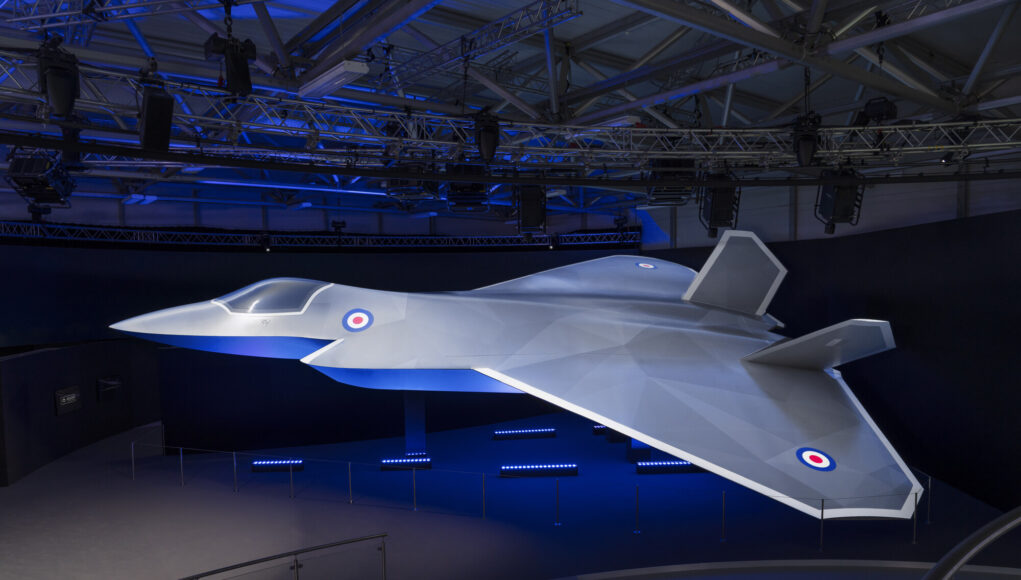
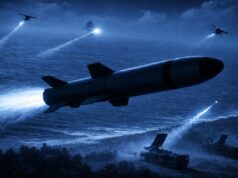
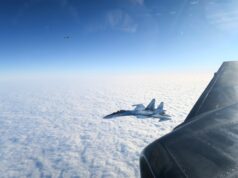
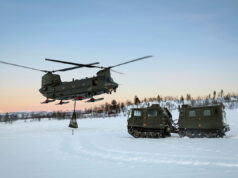

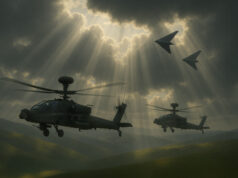
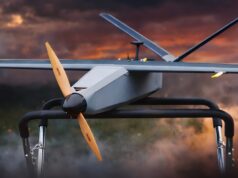
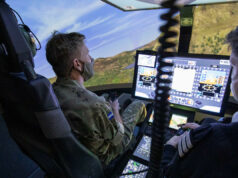
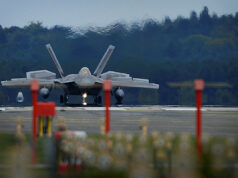
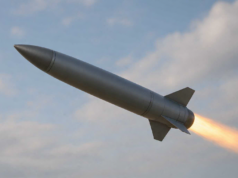


“We are in regular discussions with our Italian and Japanese partners on these issues, as together we seek to ensure we are ready to exploit technological opportunities for our joint military and industrial advantage.” Clearly an underlying message here. What with the input of amorous Italians and the expected long range of this aircraft and automated systems, it’s good to see that we are clearly considering the latest Japanese sexbots just announced to keep pilots occupied. Should also see recruitment re-energised, can’t wait to see the ads fo using on the return of the joystick.
Now now none of that please, we are British.
Wow you took that one to an unexpected place 😂🤣
Someone was on UKDJ on a night out in town, I imagine.
Certainly one of the more inspired posts we’ve had on here.
I get these moments when I crave my long lost Art School undergraduate humour, I remember doing an animated cartoon about Britain proudly becoming the leader of the Third World, which has subsequently become too close for comfort. The immediate inspiration I think however formed subconsciously in momentarily seeing a headline in the news items as I opened a new web page to enter UKDJ literally saying ‘Latest Japanese sexbots most realistic ever’ and then immediately reading this article, my warped mind clearly doing the rest in immediately combining the two ai related concepts. Makes a change from the standard RAF flying escort duties from the North Pole I thought at this time of year… though that opens a whole new can of worms perhaps.
You wouldn’t want to buy one as surplus would you?
… and there’s me thinking my mind was disgusting. 😱
Well it does mean if the pilot training program goes tits up..they can still us the planes…
Never a dull moment in the world of UKDF…too funny!
“Eagle” says a lot. Most of it spin. After all “Eagle” is a member of the politburo.
Yeah I think that was in my mind having read so many of her monotonous and nebulous responses of late on here, so difficult not to find one exercising the mind as to what the hell is she actually going on about.
It will be ironic if Tempest is the only 6th gen jet that makes it in to production. If President Musk gets his way, neither US 6th Gen jet will be developed further and the Franco/German effort mired in politics.
Tempest looks like the only horse in the race.
Well if you can do everything with missiles and middle performing aircraft aka bomb trucks. USAF has around 270 C-17, if each can fire say 12 Air Launched ballistic Missiles there are 3240 ALBM in the air launched from a long distance… you just need to have the satellite constellation get the targets and to guide them.
Yeah and there were people thinking good old Elon launched his fleet up for the advancement of humanity, and not for any nefarious reasons.
LIttle did we know we were all just pawns in his plan for world domination.
The sensors, data and algorithms for independent autonomy has proven harder than expected just in 2d on the public highway. So solving autonomy in 3d and supersonic speeds is surely a big ask.
It does make sense to automate so that the pilot has bandwidth to fight both their own aircraft and loyal wingman.
Interesting to see that first generation UAV like Reaper were not able to coexist in civil air lanes, yet later UAV are certified for go anywhere. Presumably a step up in data, algorithm and compute to enable that level of autonomy.
Clearly 6th generation autonomy is a steep hill to climb so I wish Team Tempest every success, whatever Elon thinks..